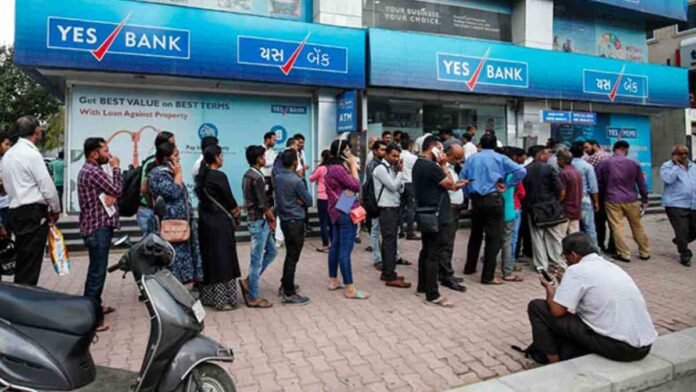The judge concluded that “Financing,” as defined in the 2019 letter to the then Anshu Jain-led Cantor Fitzgerald, might not contain July 2020 FPO of Yes Bank, but was in its place limited to private offers.
Cantor Fitzgerald’s $7.5 million lawsuit against Mumbai-based Yes Bank in London’s high court was dismissed because the judge agreed with the latter’s interpretation of English grammar. The argument turned on whether the word “Financing” in the December 2019 agreement between Cantor Fitzgerald and Yes Bank simply referred to private placements or private offers, or if it could also refer to follow-on public offerings (FPO).
Nevertheless, Judge Robert Bright found that Yes Bank was justified in assuming that the word “Financing” could not cover the FPO and was instead limited to private offers. The four-day trial in March 2023 provides a glimpse into the frantic negotiations and efforts to inject money into the troubled Yes Bank in late 2019 and early 2020. The two companies’ partnership arose from a personal interaction between the former’s managing director Ravneet Gill and the latter’s President Anshu Jain.
The task was straightforward: Cantor Fitzgerald might be the source for possible investors from the United States, a massive market that could be accessed to benefit Yes Bank. Cantor worked hard to attract investors such as Tilden Park, Amansa, and Hinduja Group. Amansa and Tilden Park made non-binding proposals to Yes Bank on March 2-3, 2020, but the amounts were small. Tilden Park’s Gino Ramadi and Cantor Fitzgerald’s Ashwani Mathur were in India to iron out the details when the Reserve Bank of India (RBI) intervened, placing a ban on March 5, 2020. Cantor and Yes Bank parted ties as a result, and Gill and other board members were removed.
During the COVID era, however, Mathur introduced Ramadi to key individuals at the State Bank of India (SBI), which acquired a 49 percent share in Yes Bank. The issue became less complicated as a result, and a successful FPO was finalised in July 2020. The July 2020 FPO was not covered by the Engagement letter, but Cantor claimed that Yes Bank benefited from the introduction to possible investors that it facilitated.
Cantor’s efforts did lead to Tilden Park making a large investment, but the judge ruled that Cantor’s entitlement to be compensated was predicated on a single outcome. Cantor’s sole consolation was that the court gave him $21,195 in interest on the $500,000 retainer fee, which was only paid in September 2021. “Financing” was defined in the Engagement letter as “the private placement, offering, or other sale of equity securities…” Cantor argued that the word “private” only qualifies “placement” (which comes directly after private) and not “offering or other sale of equity instruments.” The court cited a striking illustration to support Yes Bank’s view, which “any Tom, Dick, and Harry” would recognise



